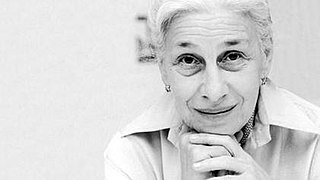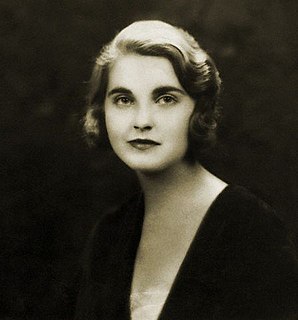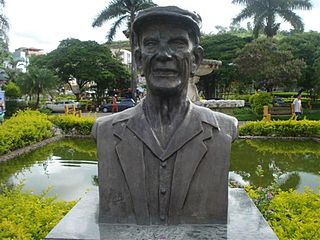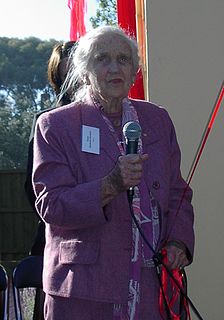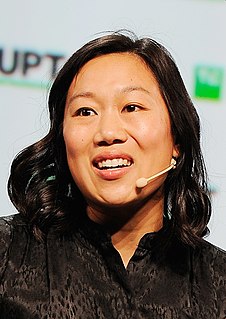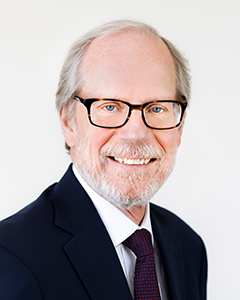A Quote by Jon Huntsman, Sr.
I had the good fortune to be raised in the 1940s and the 1950s. As I entered business in the late 1950s and 1960s, America was just coming into its own as a great industrial power. It allowed young entrepreneurs to start their engines, to start their businesses, to borrow a little money and to leverage what they had.
Related Quotes
A lot of people want to start a business, and they're like, 'I wanna start a business, give me some money to invest.' Where is your business plan? Are you investing money yourself into your own business? How is this going to work? People think that they can just come to you with an idea and have money.
When I talk about the ability for fintech to promote kind of economic growth and productive citizens coming in, using different data and being able to lend to small businesses, see those small businesses start to grow - of course, that means more money for their families, you know, the small-business owner families. They start to hire people.
When the government takes more money out of the pockets of middle class Americans, entrepreneurs, and businesses, it lessens the available cash flow for people to spend on goods and services, less money to start businesses, and less money for businesses to expand - i.e. creating new jobs and hiring people.













